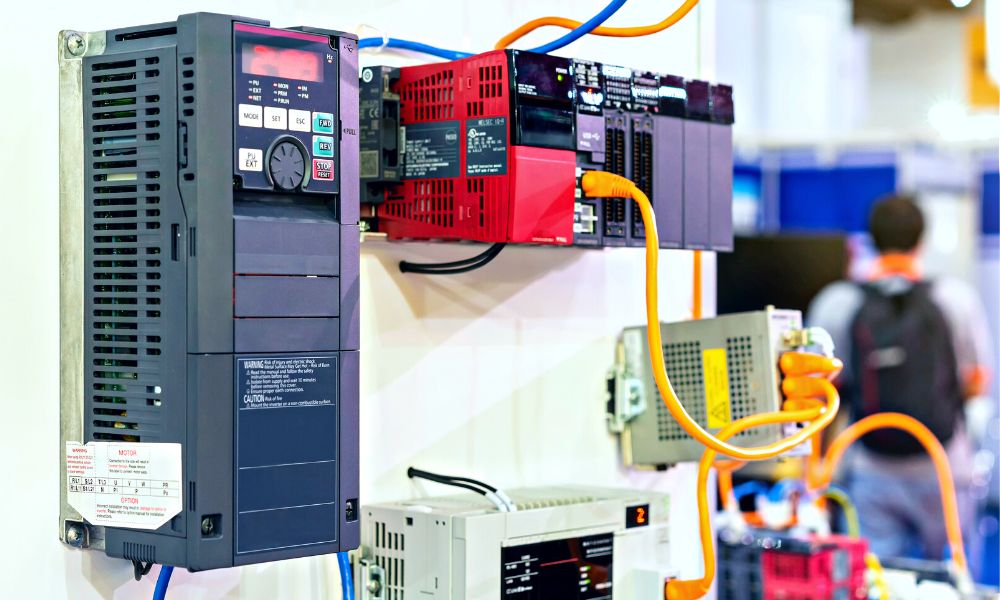Programmable logic controllers, or PLCs, are some of the best ways to automate your equipment systems. From industrial manufacturing to food processing, several industries make use of these devices, and their list of applications only grows every year. However, not every PLC is right for any purpose, and it’s important that you select your product carefully when looking to make the transition. These are some important factors to consider when buying a PLC. Taking these elements into account can improve your chances of success.
Your Needs for the System
Those who need a PLC for their food processing plant are going to have a very different set of needs from those looking to mass produce a product. Because of this, you’ll need to pay extra attention to each PLC’s compatibilities and performance statistics when making your choice. Carefully assessing and understanding your needs for the equipment will help you narrow down your options and ensure you make an informed decision.
Environmental Conditions
It’s also crucial that you consider the environment that your PLC will operate in. Many PLCs have a durable exterior and design, allowing them to operate alongside your equipment and promote the fastest transfer of data. Unfortunately, depending on the industry, this isn’t always possible. Excessive dust, vibration, and extreme temperatures can all cause additional wear and tear on your PLC device. So, if you know these things are present in your facility, make sure that you get a product rated for its physical strength.
The Number of Inputs and Outputs
PLCs connect to your equipment system by way of several input and output panels. As such, it’s vital that the product you choose has enough for all the machines that you want to automate. PLCs all have different qualities of these ports depending on the model. For this reason, always consider how many inputs and outputs you’ll need before shopping, and don’t settle for less.
Communication Options
Another vital factor to take into account when buying a PLC is the different communications that a particular model offers. Certain PLCs can communicate with a wide range of different networks, while others need specialized modules to account for various connections. Understanding how many communication options a PLC has can be a great indicator of how compatible it will be with your system.
Computing Speed
Lastly, always check a PLC’s computing speed before making the purchase. After all, you’re automating to help improve the efficiency of your machines, and you can’t do that if the PLC runs just as slowly. Computing speed can vary depending on the number of connections you have. Therefore, check the connections rating for your PLC to see if it lines up with your needs and monitor memory usage to better control overall processing speed.
It’s important to us at PLC Direct that every customer obtains the exact PLC and corresponding components that they need. That’s why we make sure to carry products from a slew of different brands, including Siemens PLC parts being some of our most popular items. Browse our collection today to find something compatible with your specific machines.

